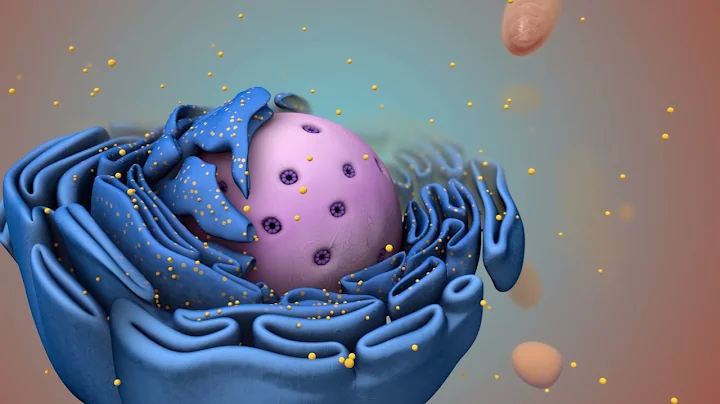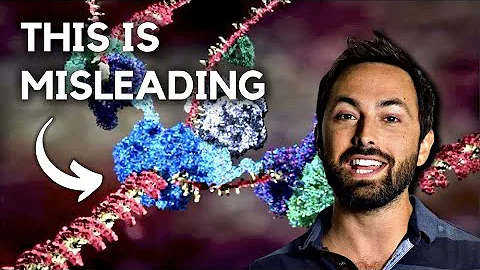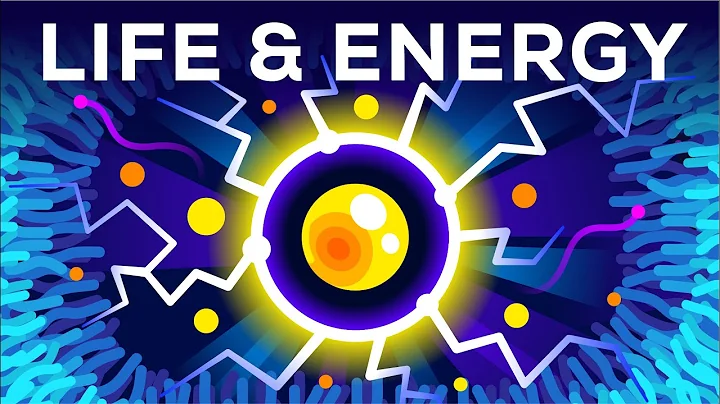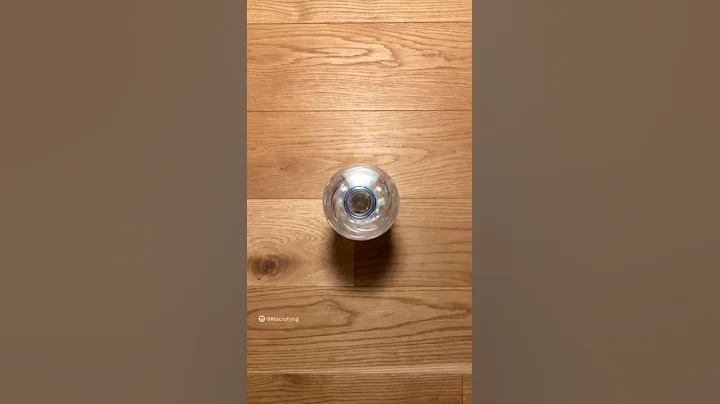Even if new cells are "born," aging still causes damage.

The cells in your body are constantly replicating themselves.
There are trillions of cells in your body, but the cells you have today are not exactly the same cells you had yesterday. Over time, cells age and become damaged, so your body's cells keep replicating, creating replacements of themselves.
This constant cellular activity has inspired a popular idea: Every seven years or so, your cells become so prolific that your body replaces every part of itself—from your eyelashes to your of the esophagus. In other words, after about 7 years of cellular replication, you are a completely new collection of cells, inside and out.
But is this true? Not quite. Certain cells in certain organs and systems of your body are completely replaced within a few months, but other cells remain the same as when you were born.
Most of the skin and intestines are replaced very quickly, likely within a few months, and liver cells regenerate somewhat slowly. In the study, the authors analyzed liver tissue using radiocarbon dating and found that most liver cells are replaced within three years.
However, cells in other organs and systems replicate even more slowly, falling behind the seven-year time frame.
For example, the turnover rate of the human heart is quite low, with only 40% of cardiomyocytes (the cells responsible for heart contractility) being exchanged over a lifetime, while bone cells, meanwhile, take about 10 years, according to The New York Times time to copy the complete skeleton.
In the brain, cell renewal can be even more deliberate. According to a 2013 study in the journal Cell, scientists found evidence that some neurons in hippocampus are renewing, but only at a rate of 1.75% per year. Certain types of neurons in the striatum also regenerate, according to a 2014 study in Cell. But other types of neurons stay with a person throughout their life. Even those unique populations of cells that can be rejuvenated are not completely replaced, but only partially replaced during a lifetime.
But this begs another question: If certain parts of our bodies, such as our skin, internal organs, and liver, are renewed every few years, then why can’t we stay young forever?
Regardless of our skin, internal organs, and liver How "young" is the liver? As we age, we feel aging due to our biological age. Even if a person's cells are relatively young, their biological age reflects their body's response to the passage of time. As organs renew their cells, the organs can still age due to changes in the replicating cells, such as mutations. As cells replicate, DNA keeps dividing and replicating; over time, people make mistakes. Mutations can thus accumulate and affect the life of a cell or the expression of certain genes.
So even though the cells in some parts of our bodies are relatively new, our aging, heavily copied DNA can make us feel the weight of the past years.





















